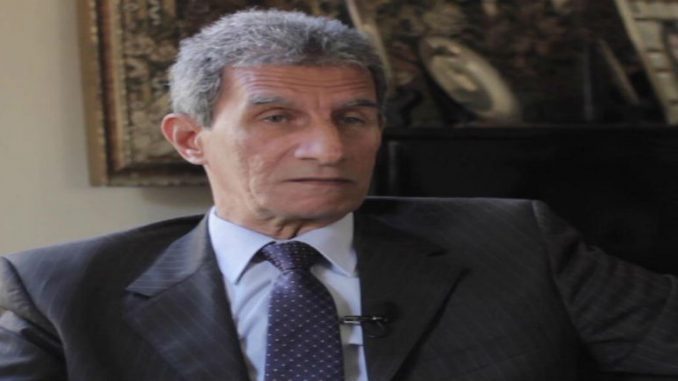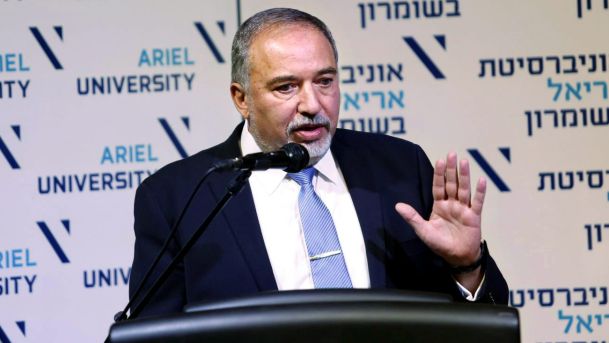
An Egyptian politician has called for a referendum on Abdel-Fattah al-Sisi’s government.
Maasoum Marzouk, a former diplomat, announced a roadmap this week including the suspension of the constitution and the dissolution of parliament if Egyptians vote against the government.
He says if the government does not respond positively to his initiative, a “popular conference” would be held in Cairo’s Tahrir Square – epicenter of the 2011 uprising – on Aug. 31.
As a result, pro-government media figures and legislators have called for Marzouk to be prosecuted.
Moreover, some lawyers have filed a complaint against the Egyptian ambassador Maasoum Marzouk, accusing him of “attempting to overthrow the incumbent regime and deliberately inciting the public,” local media reported yesterday.
Marzouk was also accused of “insulting the Egyptian judiciary” which is being represented by Hanafi Jibali the president of the country’s Supreme Constitutional Court.
The complaints, which were filed to various local courts, called on arresting Marzouk and banning him from travel, media quoted official sources as saying.
The prominent Egyptian attorney, Samir El-Sheshtawy, has filed a complaint against Marzouk to the police department of Cairo’s western neighborhood of 6 of October for “inciting to overthrow the current regime” and violating the country’s protest law after calling on the Egyptians to launch demonstrations in the capital’s Tahrir Square to demand a referendum on the current regime.
Earlier this year, al-Sisi was re-elected in a vote in which all potentially serious competitors were arrested or pressured into withdrawing. The government has banned unauthorized protests and jailed thousands of people since 2013 in a massive crackdown on dissent.
In June 2018, Egyptians enclosed hashtag “Sisi_Leave” in (Arabic) trended with nearly 300,000 tweets over several days, but then subsided. Throughout the tweets, people urged Abdel Fattah al-Sisi to resign amid recent austerity measures carried out as part of economic reforms ordered by the International Monetary Fund (IMF).
Last month, Egyptians renewed again the online criticism of Abdel Fattah al-Sisi, hours after he said he was “saddened” by a similar campaign a few weeks ago.
The latest Twitter hashtag “Leave, Sisi” was also the top trend in Egypt on the social media platform late in that day with more than 50,000 tweets.
Sisi said at a youth conference at Cairo University that last month’s campaign had upset him.
“I’m trying to get you out of this rut and you do a hashtag saying ‘Leave, Sisi’. Am I saddened or am I not saddened?” he said.
A few hours later, many Twitter users had responded by reviving the hashtag and posting criticism of his policies.
Besides the economic unrest and hard living conditions, al-Sisi’s government has long been criticized by international human rights groups for cracking down secular and left-wing opposition, as well as Islamists close to the banned Muslim Brotherhood.
Al-Sisi reached power through a military coup in 2013 against Egypt’s first democratically elected President Mohamed Morsi. This comes after the January 25th, 2011 revolution, in which Egyptians took to the streets inspired by their Tunisian neighbors, end 30 years of dictatorial Hosni Mubarak’s regime.



